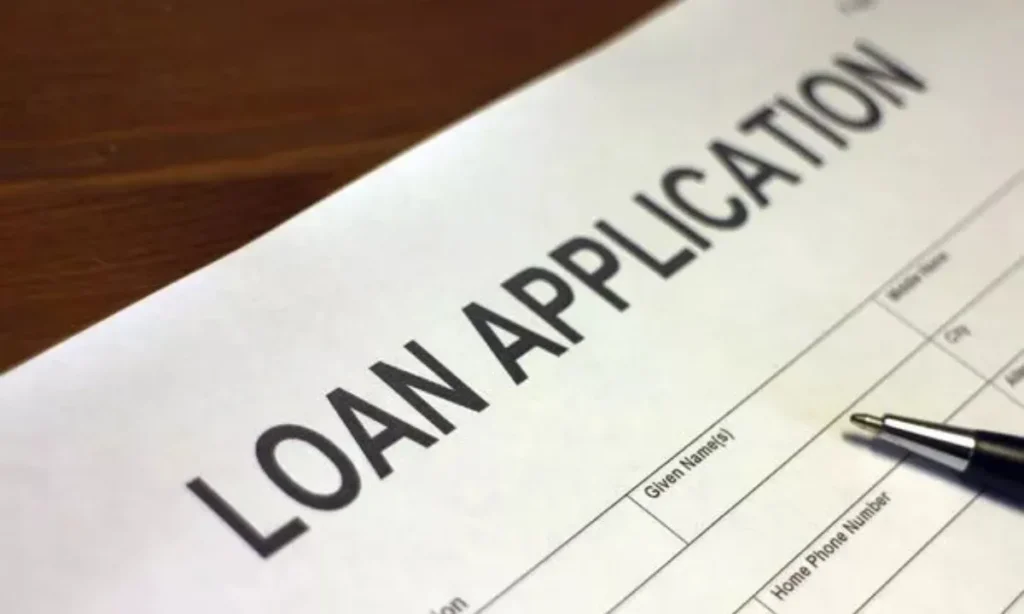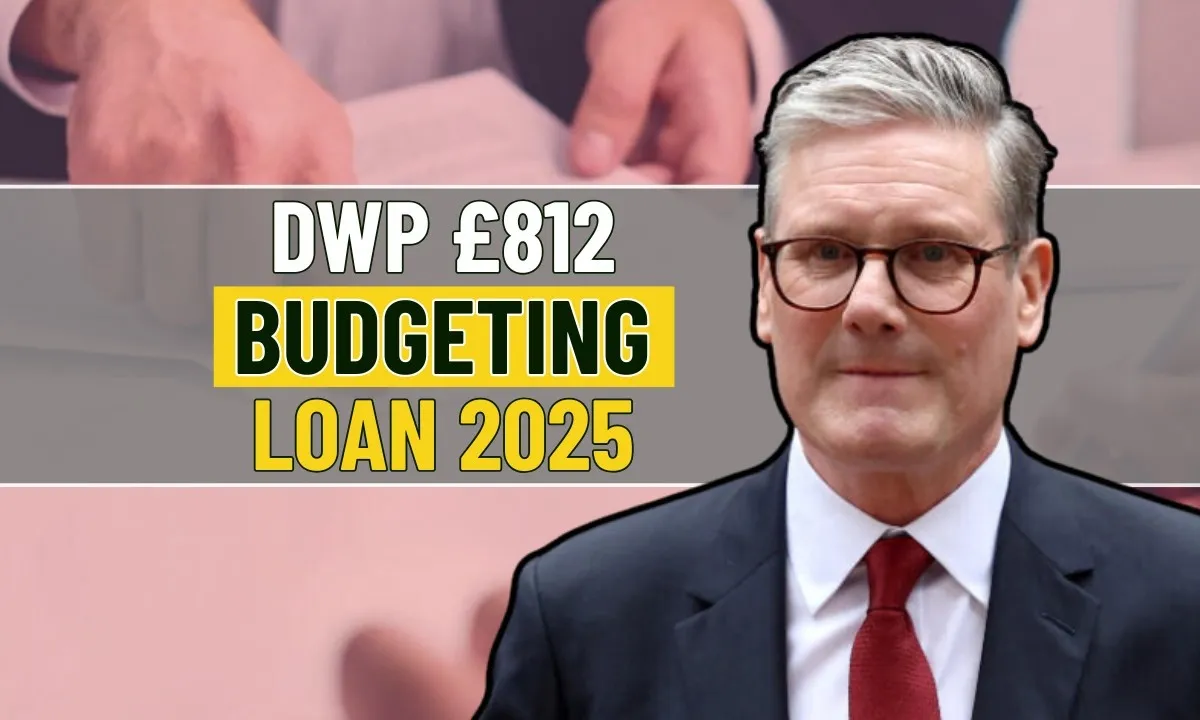The Department for Work and Pensions (DWP) has announced that from 2025, people receiving certain benefits can apply for a Budgeting Loan of up to £812. This loan is completely interest-free and is designed to help low-income households cover essential costs like rent deposits, furniture, clothing, or moving expenses.
Unlike commercial loans that charge high interest, the DWP Budgeting Loan allows people to borrow money safely and repay only the amount they take. It’s part of the government’s long-running Social Fund scheme, which supports families struggling to manage one-off expenses without turning to payday lenders or credit cards.
What the Loan Can Be Used For
The Budgeting Loan is meant for important and sometimes unexpected costs that can’t be easily covered by regular income. Many people use it to buy essential household items like furniture, cookers, or washing machines. It can also help pay for rent in advance when moving to a new home or cover the cost of relocating altogether.
Other common uses include paying for clothing, footwear, maternity needs, or even funeral expenses. The DWP also allows the loan to be used for travel within the UK when it’s necessary for family or work reasons. For some, it’s even used to repay other small loans that were taken out for similar essential needs, helping them avoid the trap of high-interest borrowing.
Who Can Apply for the Budgeting Loan
To get a Budgeting Loan, you must have been receiving certain income-based benefits for at least six months. These include Income Support, income-based Jobseeker’s Allowance (JSA), income-related Employment and Support Allowance (ESA), or Pension Credit. If you recently moved from Universal Credit to Pension Credit, the time you spent on Universal Credit still counts towards the six-month rule. However, if you’re currently on Universal Credit, you’ll need to apply for a Budgeting Advance instead.
People who are taking part in industrial action, like a strike, can’t apply. Also, if you already owe more than £1,500 in other Budgeting or Crisis Loans, your application will be refused. Savings are also taken into account, if you have more than £1,000 saved (£2,000 if you’re 63 or older), the amount you can borrow may be reduced.
How Much Money You Can Borrow

The amount offered depends on your circumstances. The DWP decides the final figure after reviewing your situation, any outstanding debts, and your ability to repay. Single people can borrow up to £348, couples can get up to £464, and families with children can receive as much as £812. The smallest loan amount available is £100. The DWP makes sure that repayment amounts are affordable so that borrowers don’t face financial stress while paying back the loan.
Easy and Interest-Free Repayment
One of the main reasons the Budgeting Loan remains popular is that it’s entirely interest-free. You only pay back what you borrowed, nothing more. Repayments are automatically deducted from your benefit payments each week, so you don’t have to worry about setting up direct debits or reminders.
Usually, the repayment period lasts for up to 104 weeks, or about two years. However, this can change based on your income and how much you borrowed. The DWP will make sure that you’re only paying what you can reasonably afford. If your benefits stop before the loan is fully repaid, DWP’s Debt Management team will contact you to set up a simple repayment plan, usually through small monthly payments.
How to Apply for a Budgeting Loan
Applying for the DWP Budgeting Loan is straightforward. The quickest and easiest way is through the government’s online service at www.gov.uk/budgeting-help-benefits. When you apply online, you can choose to get updates by email, text message, or post. Most online applicants receive a decision within seven days, and once approved, the money is sent directly to their usual benefits account within a week. If you can’t apply online, you can use the SF500 paper form, which can be downloaded or requested by post. After filling it out, you’ll need to send it to the address provided in the form’s instructions. Postal applications take longer usually up to 21 days for a decision and payment.
What to Do If Your Application Is Refused
If your application is turned down or you’re offered less money than expected, you can ask the DWP to review the decision. You’ll need to make the request within 28 days of receiving the letter and explain why you think the decision should change. The DWP will then look at your case again and send you a new letter with their final decision. If you still disagree, you can take your case to the Independent Case Examiner (ICE).
Other Help If You Don’t Qualify
If you’re not eligible for a Budgeting Loan, other types of help may be available. People on Universal Credit can apply for a Budgeting Advance, which works in a similar way. In Wales, you can apply for the Discretionary Assistance Fund, and in Scotland, you can seek support through the Scottish Welfare Fund, which includes Crisis and Community Care Grants. Northern Ireland residents can apply for Discretionary Support payments or Short-Term Benefit Advances. Local councils and Jobcentre Plus offices also provide emergency help for urgent needs like housing, food, or essential bills.
In short, the DWP Budgeting Loan is one of the UK’s most helpful financial supports for low-income households. It allows people to handle life’s sudden costs without getting trapped in debt. With flexible repayment and no interest, it’s a practical way to stay financially stable during tough times.

